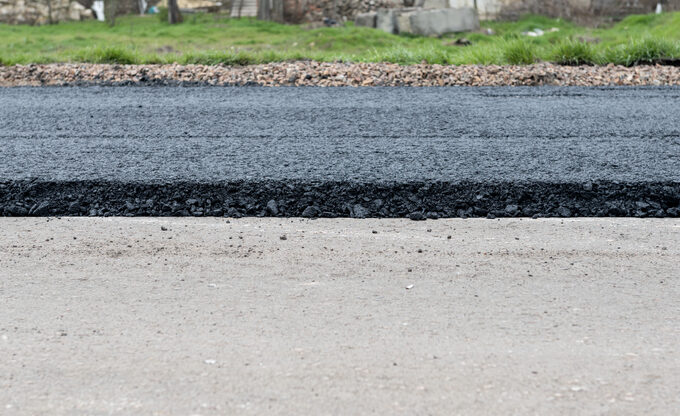
When Is The Best Time To Buy A Home in the USA?
Buying a home is one of the biggest financial decisions you will make in your life – and while you’re probably thinking about the home search itself or your financial situation in relation to this decision, you also need to consider timing. Because timing is everything…
So, what is the conventional wisdom on the best time to buy a house?
To answer this question, experts typically cite national statistics on home inventory, sales, and prices.
In 2019 (most recent year not impacted by the pandemic), US single-family existing home inventory peaked in June (1.70mm homes), as did prices ($289k median home price). This implies that if you want the highest number of options to choose from, June is the best month for you to buy a home during. However, if it’s a lower price and less competition you’re looking for, September to December is the best seasonal period for you to buy a home during.
After peaking in June 2019, home prices were lower for the remainder of the year but were still higher than April 2019 and any month prior. In other words, your end of year “discount” could be measurable versus peak home price levels; but when compared to prices from the beginning of the year, it may not be a discount at all.

When is the best time to buy a house – for you?
1. Before getting into more advanced strategies such as managing seasonality, make sure you have educated yourself thoroughly about homeownership (we’ve included a homebuying checklist at the end of this post).
To summarize: it’s important that you choose a set of locations (counties, cities zip codes, neighborhoods) to narrow down your search and that you’ve confirmed you can afford the prices for the size and condition of homes you want in those locations.
2. Look at the historical seasonal patterns in the zip codes you are considering buying in (this “Markets” section is a great place to find this detailed info). Identify what time of year has the highest inventory, and what time of year, if any, has the peak and trough prices. If you find yourself in need of more data, it can usually be accessed via the local MLS which a real estate agent can help you obtain and interpret.
3. Decide which is more important to you: getting a few percentage points discount on a home, or winning your absolute favorite home even if it means overpaying.
4. If your goal is to avoid any competitive situations that could lead to overpaying – you will likely want to avoid the spring and summer months in most markets. If you are determined to win the home you are most passionate about, regardless of timing – then you should be aware that more attractive properties tend to list early in the year and get snapped up early, and you may have to be prepared to do the following to win one:
- Pay all cash or waive financing contingency.
- Overlook negative inspection findings and/or pay for fixes yourself that may be required by a lender prior to closing.
- Pay above the appraised value, since by definition there are likely multiple parties willing to pay the appraised value for the home; and, homes that sell early in the year may have issues appraising because comparable properties referenced in an appraisal might have sold in weaker winter months.
- Make an emotional appeal to the seller or otherwise connect with the seller in a way that makes them choose your offer over similar or higher priced ones.
When is it a bad time to buy a home? Is there ever a bad time to buy a home?
The worst time to buy a home was in the years leading up to the last major global financial crisis in 2008-2009.
For instance, if you bought a home in Pittsburgh, Pennsylvania anytime between 2004-2007, your forward five-year cumulative return based on the FHFA Index would have ranged from -3.3% to +3.9%. If you had bought near the local peak in the second quarter of 2006, and your home matched the performance of the index, then even 5 years later in the second quarter of 2011, you would still be sitting on a 3.3% loss in value.

It would have taken another year, into 2012, before you would have started to show a profit, based on the index. And, Pittsburgh was the second-best performing of the top 50 metro areas tracked by the FHFA during that time!
In Riverside, California, a home purchased in the second quarter of 2006 lost 55.6% of its value based on the index. Of the top 50 MSAs tracked by the FHFA, the best-performing metro area from 2006 – 2010 was Austin (+0.9%), and the worst-performing was Las Vegas (-58.5%).
Your home buying checklist:
- Save money for a downpayment
- Reduce your debt to a level that will satisfy mortgage lenders (i.e., the debt-to-income ratio, or DTI)
- Prepare a monthly budget including all of your projected non-housing expenses and the new housing expense you are contemplating
- Check your credit report and credit score, and confirmed it will satisfy mortgage lenders
- Make a list of factors that describe your ideal living location and identify neighborhoods that fit your criteria
- Make a list of factors that describe your ideal home
- Pick the dream team that will help you find, negotiate, finance, and close on the home (real estate agent, lender, attorney)
- Obtain a mortgage pre-approval
Best of luck with buying your home!




